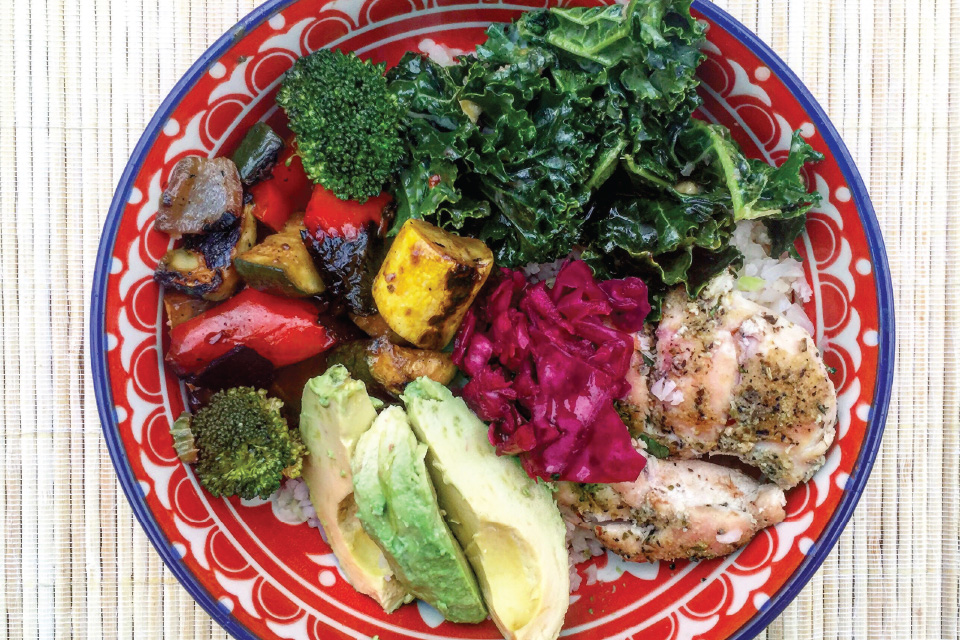

Other names for SIPs include foam-core panels, structural foam panels, stress-skin panels, and sandwich panels. Structural insulated panels provide building panels for the walls, floors, and roofs of homes and light commercial buildings. However, over time, architects and contractors began recognizing problems with SIPs - of concern, SIPs lack moisture−, fire −, and termite-resistance, along with design flexibility. Many credit Dow with creating the first structural insulated panel.ĭuring the 1970s, more and more builders began using SIPs for their high insulative value, airtightness, and strength over wood frame construction. Dow, who was concerned about energy-efficiency and fearful over depleting natural resources, developed a structural panel with an insulated core. However, the design did not contain insulation, and manufacturers never produced it on a large scale. Forest Products Laboratory marketed its initial prototype design for the next thirty years. It was part of the United States (U.S.) Forest Service’s attempt to conserve forest resources. Structural Insulated Panels (SIPs)ĭevelopment of the first SIPs occurred in the 1930s at the Forest Product Laboratory in Madison, Wisconsin.
ESO SIP OF HEALTH RECIPE MATS INSTALL
Also, Fox Blocks ICFs allow for more design flexibility and install quicker and easier than SIPs wall systems.

Fox Blocks provide superior energy-efficiency and moisture- and fire-resistance compared to SIPs wall systems. Powdered Mother of Pearl is an ingredient which can be found in Giant Clams on the beaches of Summerset Isle.Īn ingredient for crafting potions and poisons, dropped by ScribsĪn ingredient for crafting potions and poisons, dropped by SpidersĪn ingredient for crafting potions and poisons, dropped by TorchbugsĪ red plant and alchemy reagent which is always found near water sources.Ī rare drop from Harrowstorm encounters in Greymoor areas.Contractors and architects can avoid the problems of structural insulated panel (SIP) wall construction with Fox Blocks ICFs. It can only be harvested after completing the quest The Good Bitsįound by killing dragons in Northern and Southern Elsweyr.Īn ingredient for crafting potions & poisons, dropped by zombies and rarely dropped by fleshfliesĪn ingredient for crafting potions and poisons, rarely dropped by mudcrabs With Medicinal Use and Snakeblood (passive Alchemy skills) the created potions change and vary all depending on how many skill points are learned in those skills.Īn ingredient for crafting potions, dropped by Assassin Beetles and ThunderbugsĪn ingredient for crafting potions, gathered in the landscapeĪn ingredient for crafting potions, dropped by ButterfliesĪn ingredient which can be found in Giant Clams on the beaches of Summerset Isle.įound by killing dragons in Northern and Southern Elsweyr. Some potions will have negative properties which are supposedly reduced or eliminated by passive alchemy skills, but it is not clear that this has been implemented yet.Īlchemy is a crafting profession with many variables. Potions increase in potentcy as this skill line is leveled up, and they also have minimum character level requirements determined by the different types of water ( Solvents) used to craft the potion. It essentially follows the same protocol: find ingredients, combine them at the appropriate station, discover recipe (traits of the ingredients), and use that recipe (combine those ingredients) over and over. Alchemy isn't all that different from previous Elder Scrolls games. If creating powerful potions sounds like your cup of tea, then this is the craft for you. A skilled Alchemist learns to experiment to find the combinations of reagents that will offer the best results. Many reagents have both positive and negative traits and a specific negative trait will "cancel out" the positive form of that trait. Combining the same trait from two or three reagents in a potion will produce that effect, the potion's magical quality. The grade of the solvent will determine the potency of the product.Īll Reagents have four traits that must be discovered by usage. To do this, the Alchemist must find pools of water with special qualities that will yield the proper results when mixed. An Alchemist gathers natural Reagents growing in the world, and mixes them with a water solvent at an Alchemy Table to create Potions.


 0 kommentar(er)
0 kommentar(er)
